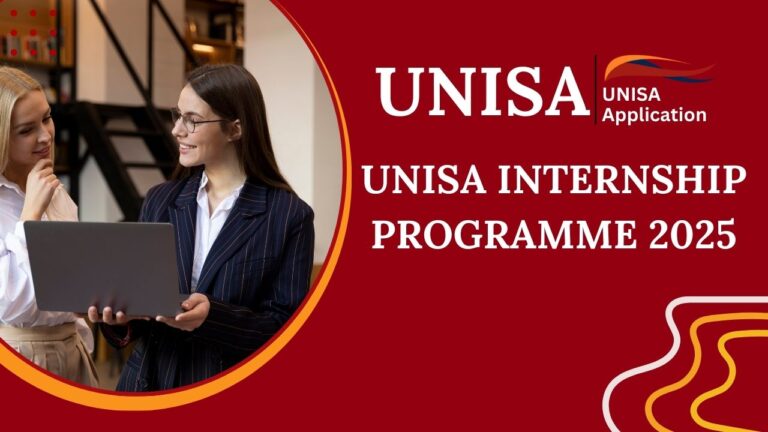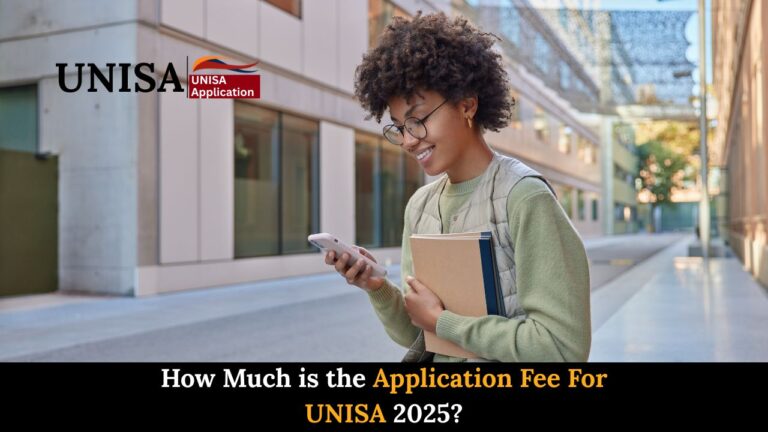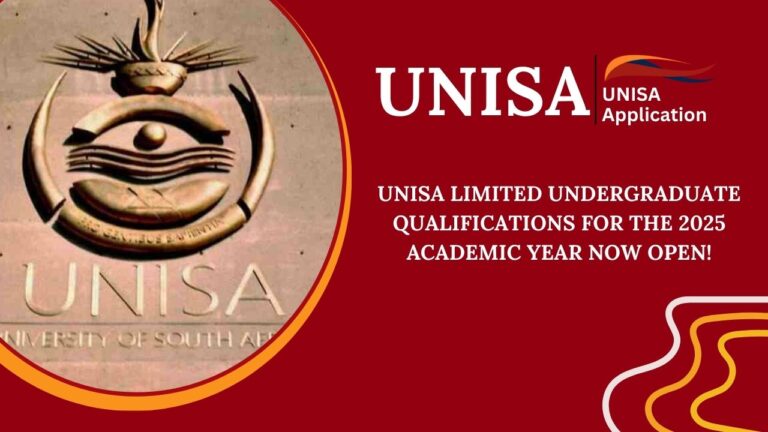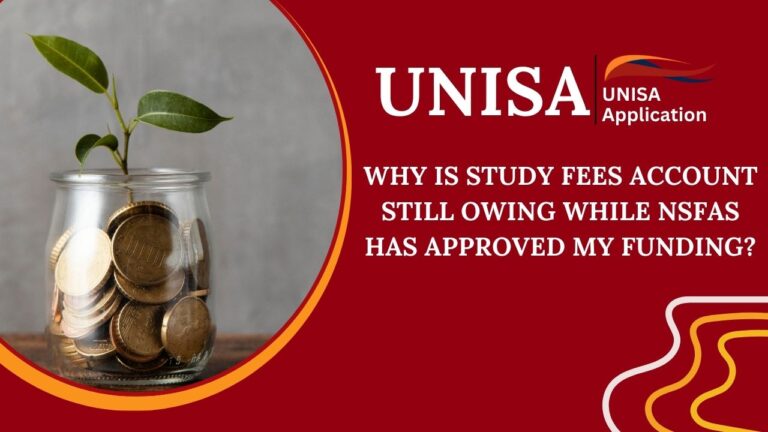How are Allowances Calculated and Paid for NSFAS DHET Grant Funded Students at UNISA?
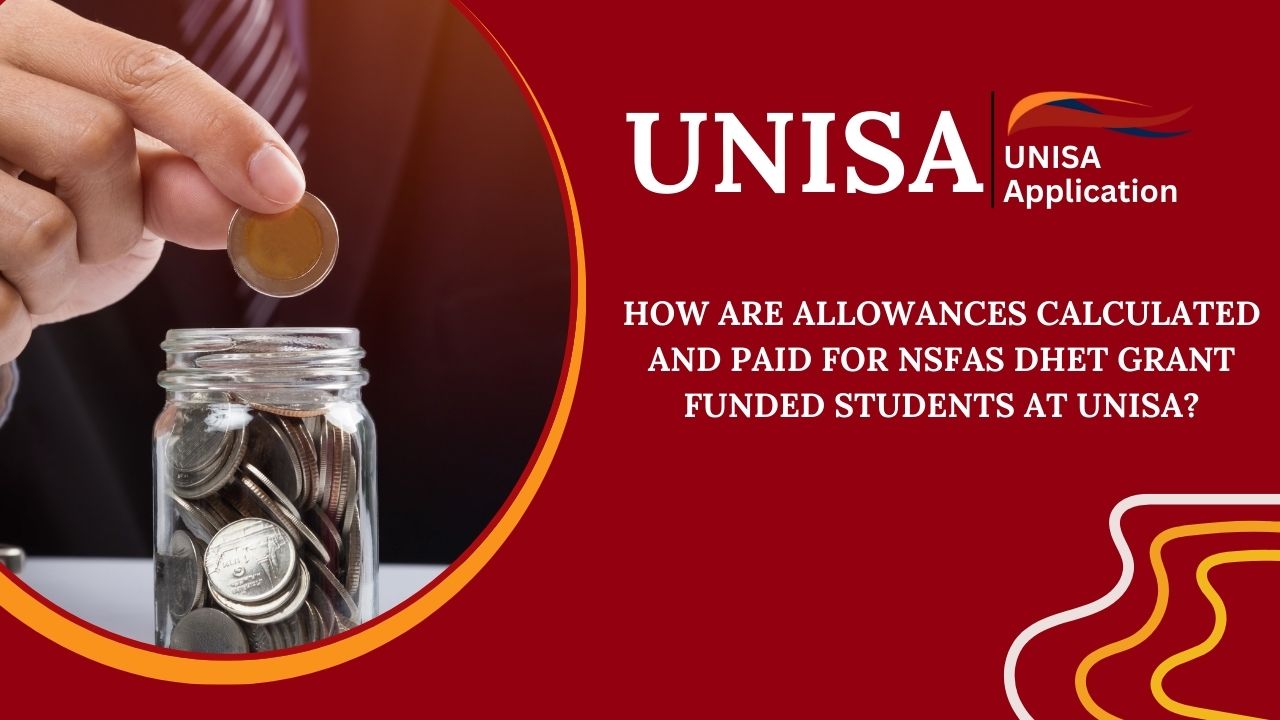
How are Allowances Calculated and Paid for NSFAS DHET Grant Funded Students at UNISA? When it comes to funding tertiary education in South Africa, the NSFAS DHET Grant plays a pivotal role in empowering thousands of students, particularly those studying through distance learning institutions like the University of South Africa (UNISA). However, many students still have questions around how allowances are calculated and paid, especially when navigating online learning environments.
NSFAS at UNISA
NSFAS, short for the National Student Financial Aid Scheme, is a government initiative that provides financial aid to underprivileged students who wish to study at public universities and TVET colleges in South Africa. The DHET Grant (Department of Higher Education and Training Grant) is the main mechanism through which these funds are disbursed.
Unlike traditional contact universities, UNISA is a distance learning institution, meaning its NSFAS funding model is slightly different and tailored to its unique study approach. This includes Learning Material Allowances (LMA) and Incidental Allowances, among others.
How Is the Learning Material Allowance (LMA) Calculated?
The Learning Material Allowance (LMA) at UNISA is calculated based on the number of modules a student is registered for per academic year. The breakdown is as follows:
- R630 per module for the first four modules.
- If a student registers for five or more modules, they receive a fixed amount of R5,460 for the entire academic year.
This allowance is designed to cover the cost of textbooks, digital resources, and other learning aids essential for distance education. It’s crucial for students to understand that the amount is capped after a certain number of modules to ensure fair distribution of funds across the system.
Incidental Allowance for UNISA Students
In addition to the Learning Material Allowance, students registered for ten or more modules during the academic year are eligible to receive an incidental allowance. This is a monthly payment intended to assist with minor but necessary expenses such as data, printing, and basic study materials.
- The Incidental Allowance is R304.50 per month.
- It is paid out over 10 months, totalling R3,045 annually.
This amount can be a significant relief for students balancing academics with daily life demands.
How Are Payments Processed?
UNISA students who qualify for the NSFAS DHET Grant will receive communication via their mylife email account, which is the official email service provided by the university. The email will include a secure link where students can submit their banking details for allowance payments.
Important
Always double check the sender’s email and ensure the link leads to a legitimate UNISA or NSFAS domain. Cybersecurity threats are real, and students should remain vigilant.
Additional Points for NSFAS-Funded UNISA Students
- Banking Details Must Be Accurate: Incorrect or incomplete banking information can delay payment of allowances.
- Communicatio: Always monitor your mylife email account for updates from NSFAS and the university.
- Allowances Are Conditional: You must remain academically active and meet NSFAS requirements to continue receiving financial support.
Why Understanding This Matters
Knowing how your NSFAS allowances work empowers you to plan your academic year with clarity. From budgeting for learning materials to managing monthly data or printing costs, these funds are tailored to support your success in a remote learning environment.
As the education landscape continues to evolve, particularly in a post-pandemic South Africa, funding mechanisms like NSFAS ensure that no deserving student is left behind. By understanding how the DHET Grant allowances function, you’re taking a proactive step towards owning your educational journey.
Conclusion
How NSFAS DHET Grant allowances work at UNISA helps students manage their finances effectively. Staying updated via myLife email and submitting correct banking details ensures smooth payments and continued support throughout the academic year.

